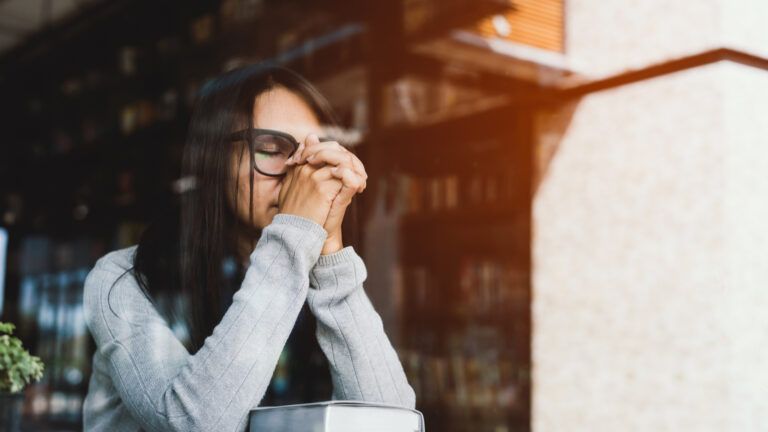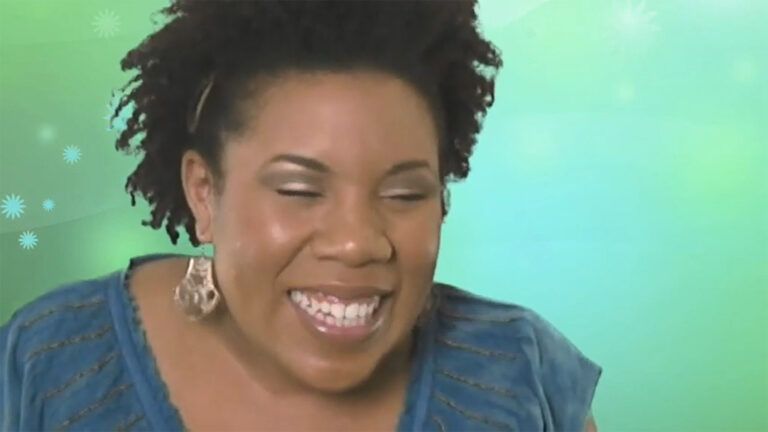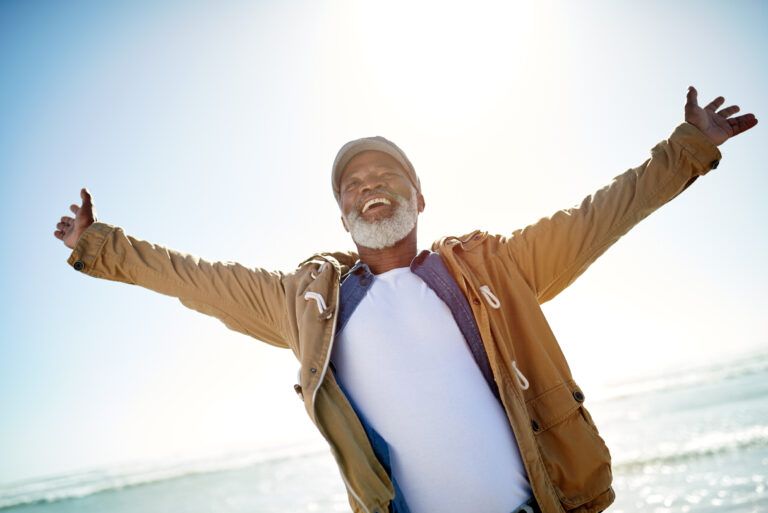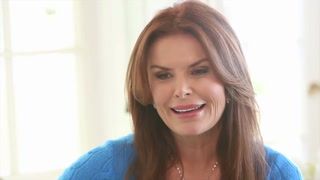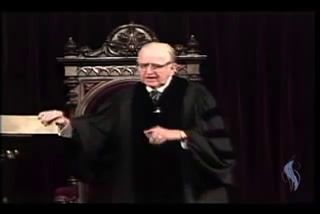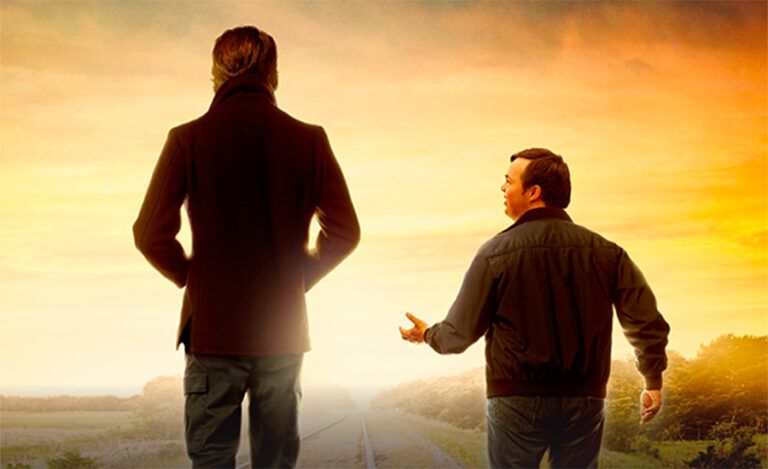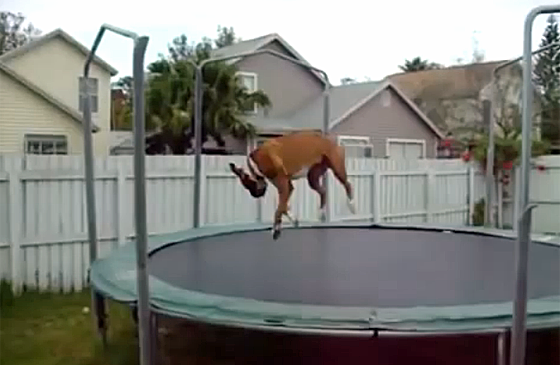
The Unique Challenges Presented by a Gambling Addiction
Melissa Dale, who has been in recovery for 15 years for addiction to drugs, alcohol and gambling, shares why her impulse to gambling has been the most difficult to overcome.
View Transcript
I’m Melissa Dale and I’m from Des Moines, Iowa.
My husband and I used to go gambling as a source of entertainment. I don’t think I became addicted right away; however, studies show that addiction to gambling and slot machines can happen within the first 17 seconds, so quite possibly I became addicted right away.
The sounds, the sights, the excitement of winning kept me coming back constantly. I couldn’t seem to pull myself away from the machines. I kept trying and trying, and when I’d run out of money, I’d go get more money and I would continue to plug the machines, thinking that I was going to just win that little bit more. And that’s when I think I became really addicted to the idea of it. It was always chasing the next best win.
So I got to a place in my addiction and gambling where all of my credit cards were run up. I had refinanced my home. I had to sell cars and things like that in order to just come up with enough money to pay bills. Bill collectors were going crazy on me.
I pretty much knew I had a problem at that point. It was going hand-in-hand with my addiction to drugs. So between the two of them, I was bankrupt, broke. And I was bankrupt on a lot of different levels, as far as emotionally, physically, spiritually. Because every time I’d leave the casino, I didn’t just leave a loser in my pocket, I left a loser in my spirit.
Except, of course, when I would win. And that would take me to the next high level of winning and making me believe that I could just win anytime, that I could just go back and spend five dollars and win a thousand. And that kept me going back.
But the difference is, for me, in gambling is that it is the biggest liar of all of the other chemicals or anything that I’ve ever done. I drive by a casino today, even after 15 years of recovery, and I feel it in my blood. Like I feel anxiety building, like I can just go in there.
It lies to me, bigger than my other addictions. It says to me, “It’s legal. Anybody can do it. They have it in the stores. You can buy scratch tickets. You worked hard for the money. It’s yours to play with. It’s just a game. You can handle just one time. Just spend $20.” It lies to me. And that’s what tells me it is the most dangerous of all of my addictions. That if anything can lie to me that much and tell me that it’s going to be okay, I know that that is something I need to get away from.
I had gotten to a place of being so poor I couldn’t even afford to gamble anymore. So I started selling drugs as well. The recovery journey started when I was arrested for distributing methamphetamine. So, when I went to jail, everything was taken from me, of course. My whole life. And, honestly, it was like a breath of fresh air for me, because I didn’t have to go chase that next high anymore.
The person that came and interviewed me for a treatment program had a cross on. The cross looked exactly like my mother’s cross she got in catechism. When I saw the cross, it was an awakening for me. I knew that I wasn’t alone in this jail. I knew that I was going to be saved. I knew that I could do this and that God had a different plan for me. And I also knew I was right where I was supposed to be.
So I went through treatment in jail and was released four months later. And I knew that it was going to be a new start to a new life. But when I got out of jail, I thought that everything was going to be different. The whole world was going to be changed. And what was really changed was just me. I was the only thing that was different.
So I had to chase my recovery as hard as I chased that next high. And I did it full force by coming to church, getting involved in recovery programs, going to depression support groups. Anything that was a positive influence.
I have been in recovery for 15 years now, from drugs, alcohol, and gambling. And one of the things that gives me the most hope is meeting newcomers. I am currently a minister at Celebrate Recovery at Lutheran Church of Hope here in West Des Moines. And I see newcomers on a weekly basis walking in. And it gives me hope because I know I was a newcomer.
Our 12th step tells us that we are to go out and, by our example and by our words, let others know that they never have to go back. The Lord rescued me from a place of complete and utter despair. Being so broke and broken that I didn’t think I could ever make it back, my hope now lies in the foundation that the Lord has given me.
I’m no longer on that rocky ground of the next best anything. I’m completely satisfied with my life in a way that I never was before. And my hope is in the newcomers that come to the program, or the people that are just seeking. When they share their story of where they’ve been, I know that’s where I don’t want to go back to.
God sends people to me to speak to me just at the right time. Through Christ himself, it gives me the hope to carry on. And his word tells me that he gives me a hope and a future and I never got that at a casino.
Some of the reasons I stay in recovery are the accountability partners and the sponsors that are in my life today. If I didn’t have them in my life, I would be thinking, and thinking gets me in trouble. So I discuss my thoughts with people today. And if I’m thinking I could go to the casino just one more time, they go, “Really?” And I know that that’s not true.
Recovery program fellowships, such as Celebrate Recovery or any other recovery program that’s out there, is really critical to me to be able to…I personally work a 12-step program. It’s very important to me to remember that I am powerless over those stupid thoughts coming in and it makes my life really unmanageable when I try to act on them. It’s important to me to remember I’m not God and that I can give him control of my life.
These are the steps of recovery that have kept me the most sane and balanced. And it doesn’t hurt that I work in a church and that I get to run a recovery program as a minister to people in the same thing. The accountability for my life today is way different than what it ever used to be.

